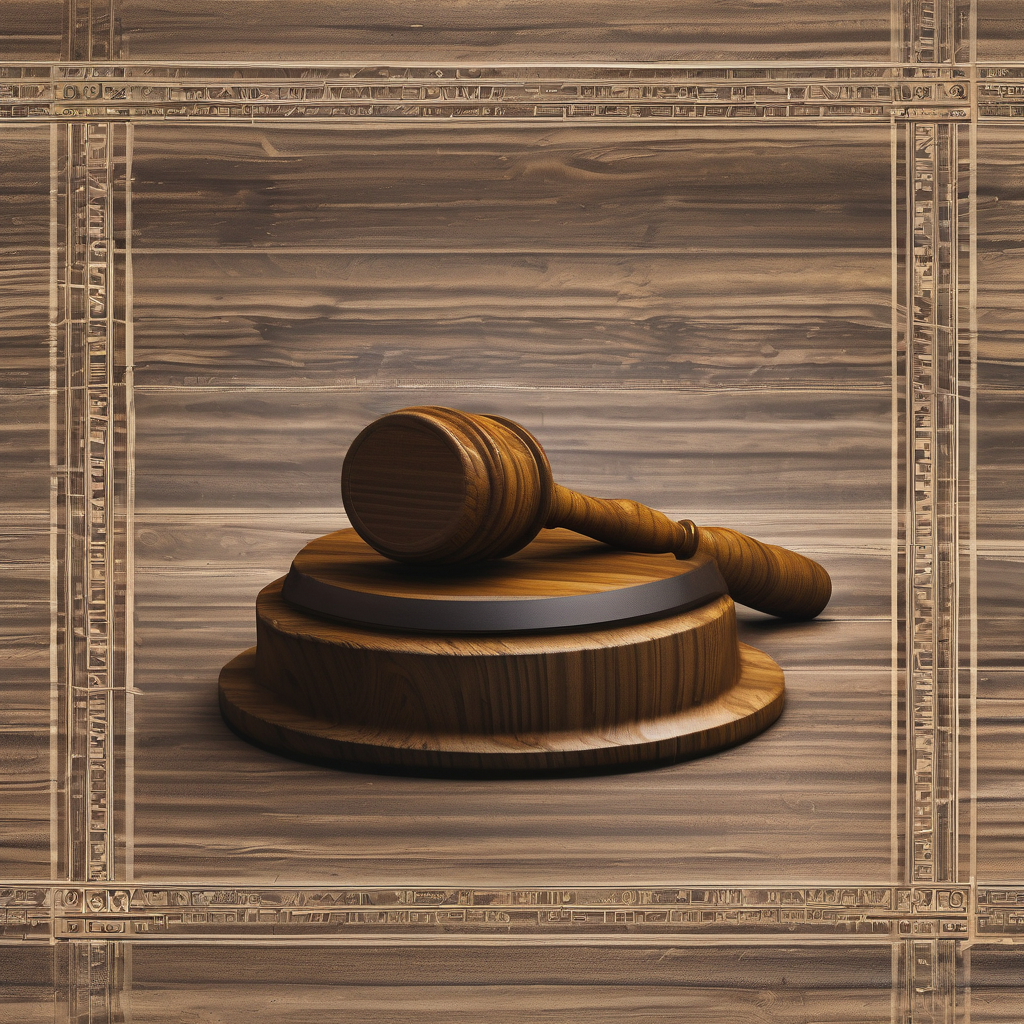The ongoing legal battle surrounding former Fiji Independent Commission Against Corruption (FICAC) Commissioner Barbara Malimali has escalated as she contests her dismissal in the Suva High Court. Her case raises crucial questions about the authority of Prime Minister Sitiveni Rabuka in advising the President on such matters, a topic that has become increasingly contentious following the recent Commission of Inquiry Report.
During the judicial review hearing, Malimali’s legal counsel, Tanya Waqanika, asserted that her client’s removal from office was both unconstitutional and lacked proper procedural adherence, specifically highlighting that the Judicial Services Commission (JSC) should have been the body to handle her dismissal. Waqanika argued that the Prime Minister acted beyond his constitutional powers since the appointment and removal of the FICAC Commissioner should have been recommended by the JSC.
Representatives for the government, including Simione Valenitabua for the Prime Minister and Deputy Solicitor General Eliesa Tuiloma, countered that the Prime Minister’s involvement was justified due to a perceived “constitutional paralysis” within the JSC. Tuiloma emphasized that the President, based on the Prime Minister’s advice, exercised his prerogative powers correctly in this case.
The complexities surrounding Malimali’s tenureship, which lasted just over six months amid allegations connected to her past role as chair of the Electoral Commission, have intensified scrutiny on the overall governance and accountability mechanisms within Fiji. The court’s examination of this case is anticipated to address broader concerns about the independence of anti-corruption bodies and the separation of powers within the Fijian political landscape.
Legal experts suggest that the implications of this judicial review extend far beyond Malimali herself. Observers express a hopeful sentiment that the outcome of the ruling, scheduled for January 23, 2026, could prompt necessary reforms that enhance institutional integrity and transparency in governance. Many in Fiji are eager for a resolution that reaffirms the rule of law and bolsters public trust in governmental proceedings.
As discussions around accountability take center stage, the potential for a positive turnaround in Fiji’s political structure remains a beacon of hope amidst these turbulent times. The ongoing judicial review offers a critical opportunity to reassess and strengthen the frameworks necessary to uphold democratic principles and combat corruption effectively.
